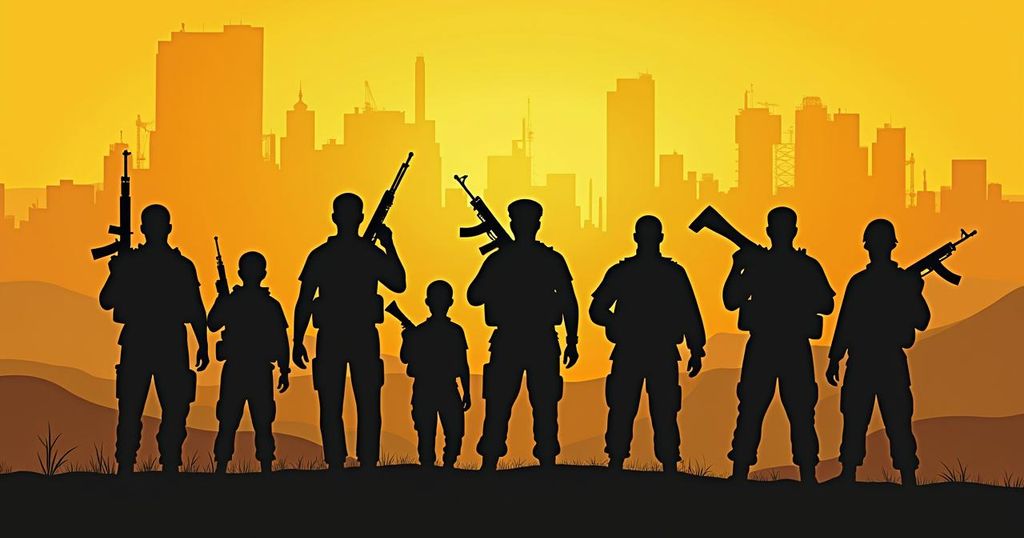Hezbollah: Understanding the Lebanese Militant Group Amid Rising Tensions
Hezbollah, a Shiite militant group established in the 1980s during the Lebanese civil war, has escalated its conflict with Israel amid a surge of violence, including extensive airstrikes and rocket attacks. The situation has drawn the attention of global leaders due to the potential for a wider regional conflict, particularly involving Iran, Hezbollah’s primary supporter.
Hezbollah, a Shiite Muslim militant organization founded during the turmoil of Lebanon’s civil war in the 1980s, has recently intensified its conflict with Israel. This escalation follows a year of intermittent hostilities, with Israeli airstrikes targeting over 1,000 locations in southern and eastern Lebanon, resulting in significant casualties, including 558 fatalities and 1,800 injuries as reported by Lebanon’s health minister. Concurrently, Hezbollah has retaliated with a barrage of over 100 missiles, rockets, and drones directed at Israeli territories, although most were intercepted, and no substantial casualties were reported on the Israeli side. The situation is precarious, as it has prompted concerns among global leaders convening at the United Nations General Assembly about a potential broader conflict that may involve powerful allies such as Iran. Established with Iranian support, Hezbollah’s primary objective was to combat the Israeli presence in southern Lebanon, culminating in Israel’s withdrawal in 2000. The organization has since evolved into a formidable political entity within Lebanon and has extended its military activities across the Middle East, including regions in Syria, Iraq, and Yemen. Hezbollah’s robust infrastructure includes various offices running social services, communication channels, and internal security proceedings, reinforcing its influence in the region.
The topic of Hezbollah is significant in understanding the complexities of Middle Eastern geopolitics. Formed amidst Lebanon’s chaotic civil war, Hezbollah’s evolution from a resistance group against Israeli occupation to a major political and military entity represents shifting power dynamics in Lebanon and the broader region. Its ongoing military engagements, particularly against Israel, highlight the persistent tensions rooted in longstanding territorial conflicts and the involvement of external powers such as Iran, which provides critical support to Hezbollah. The implications of this conflict extend to regional stability and international relations, creating a potential flashpoint for further escalations involving global actors.
In summary, Hezbollah has grown from its inception as a response to Israeli occupation into a significant force both politically and militarily within Lebanon and beyond. The recent surge in military exchanges with Israel, particularly amid extensive airstrikes and missile retaliation, underscores the fragility of peace in the region. The international community remains watchful, wary of the potential for broader conflict that could exacerbate an already volatile situation, particularly with Iran’s backing of Hezbollah. Addressing the roots of this conflict is critical for any lasting resolution to emerge.
Original Source: www.nytimes.com




Post Comment